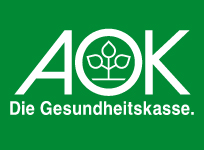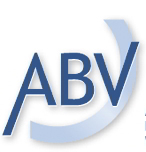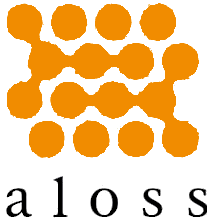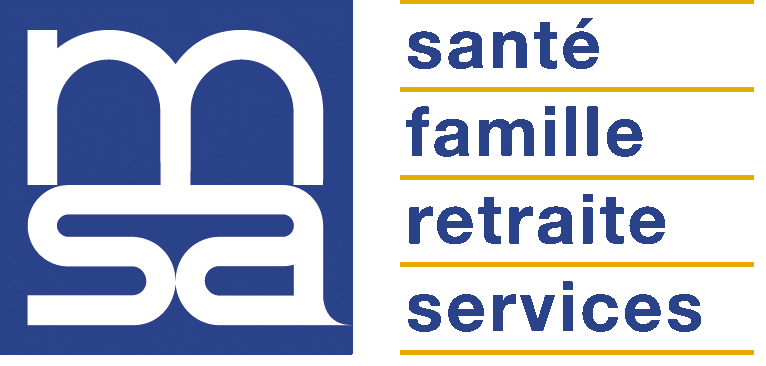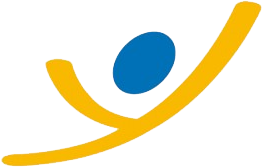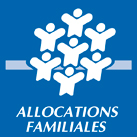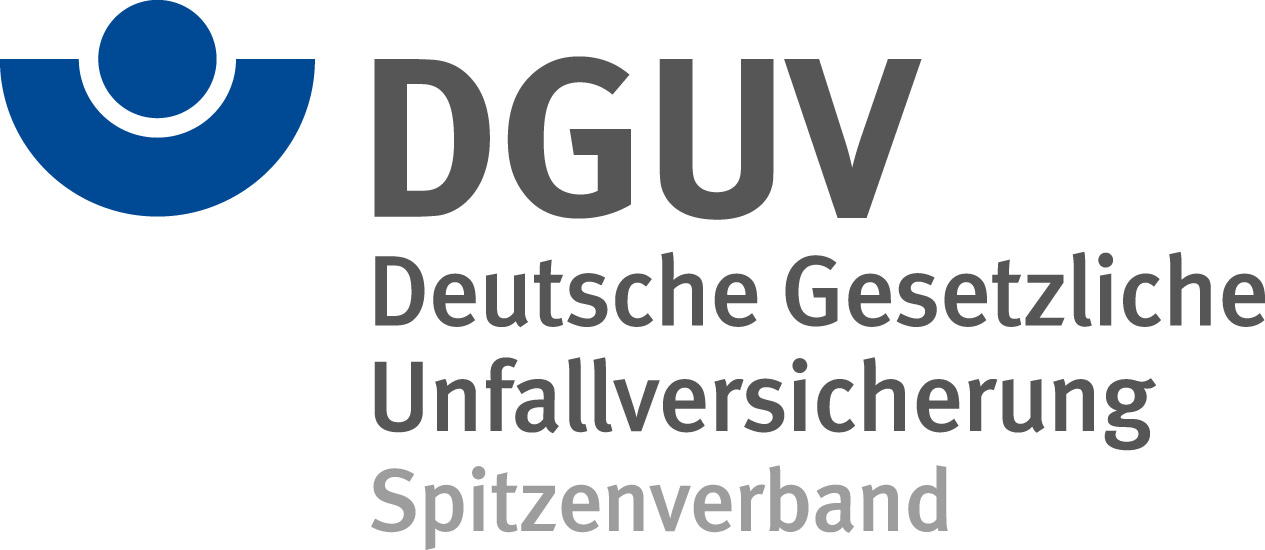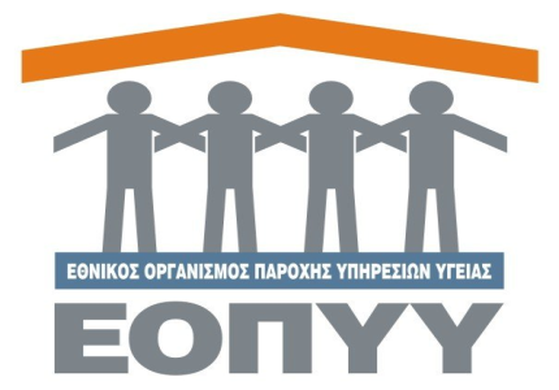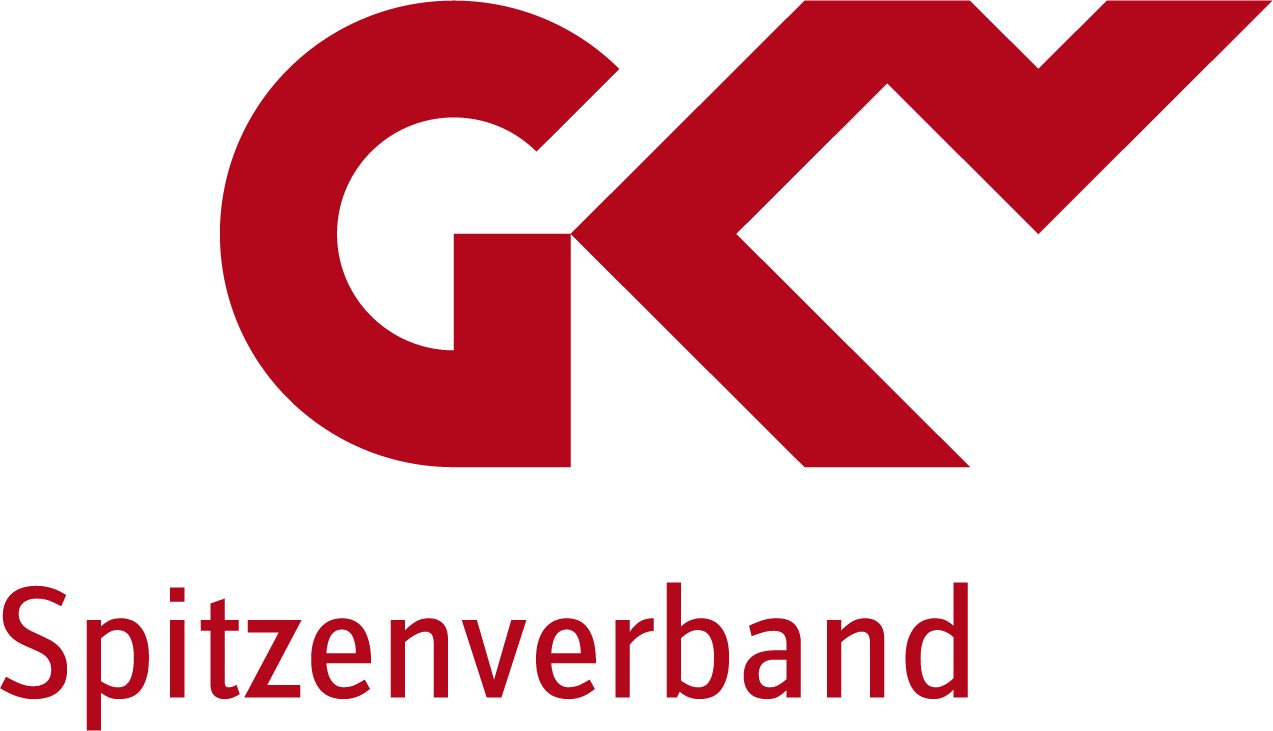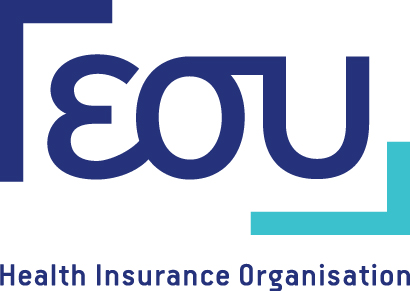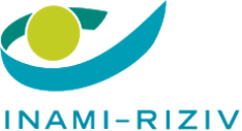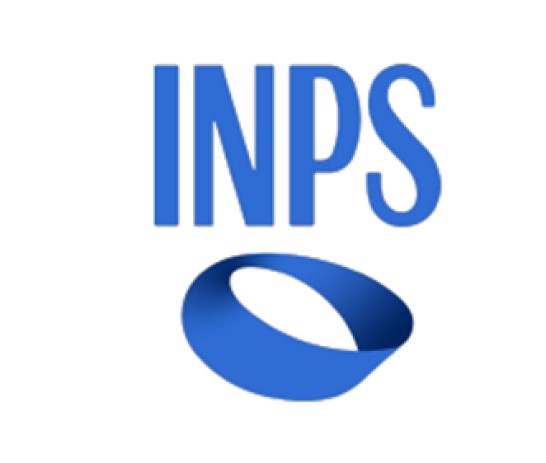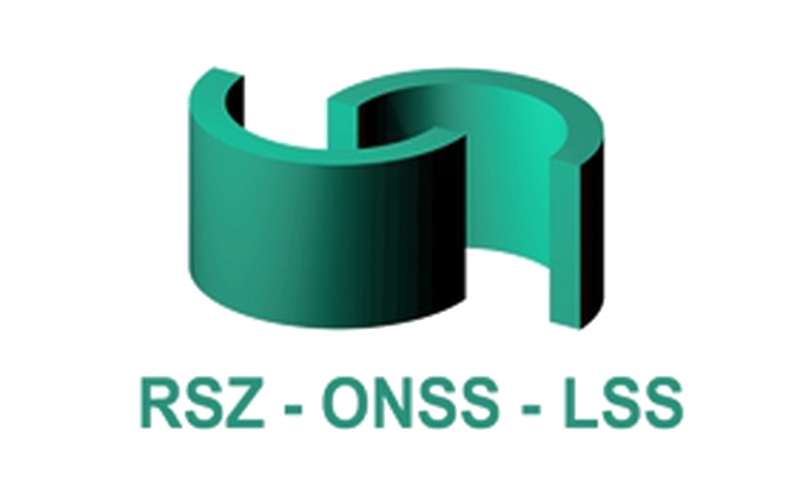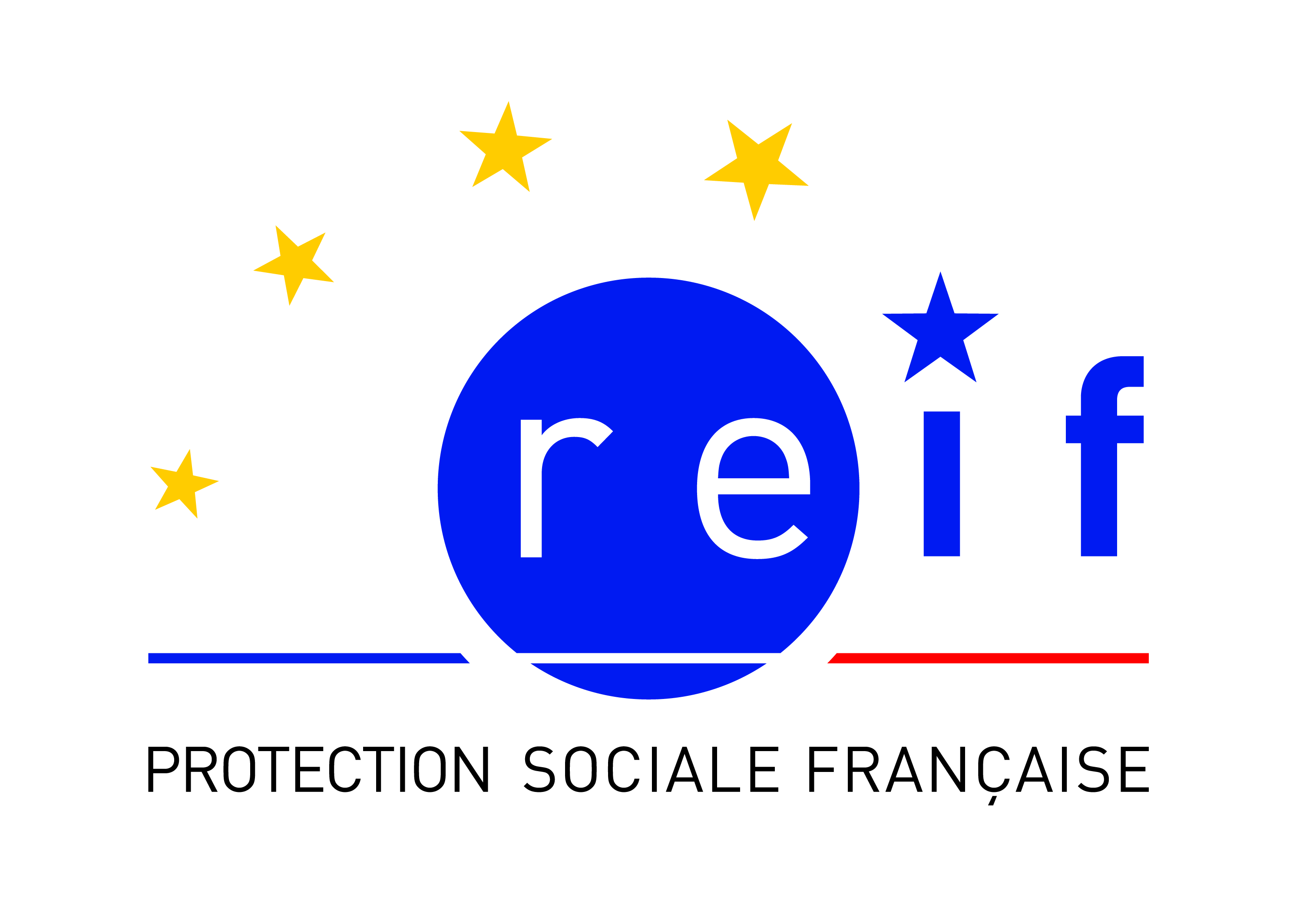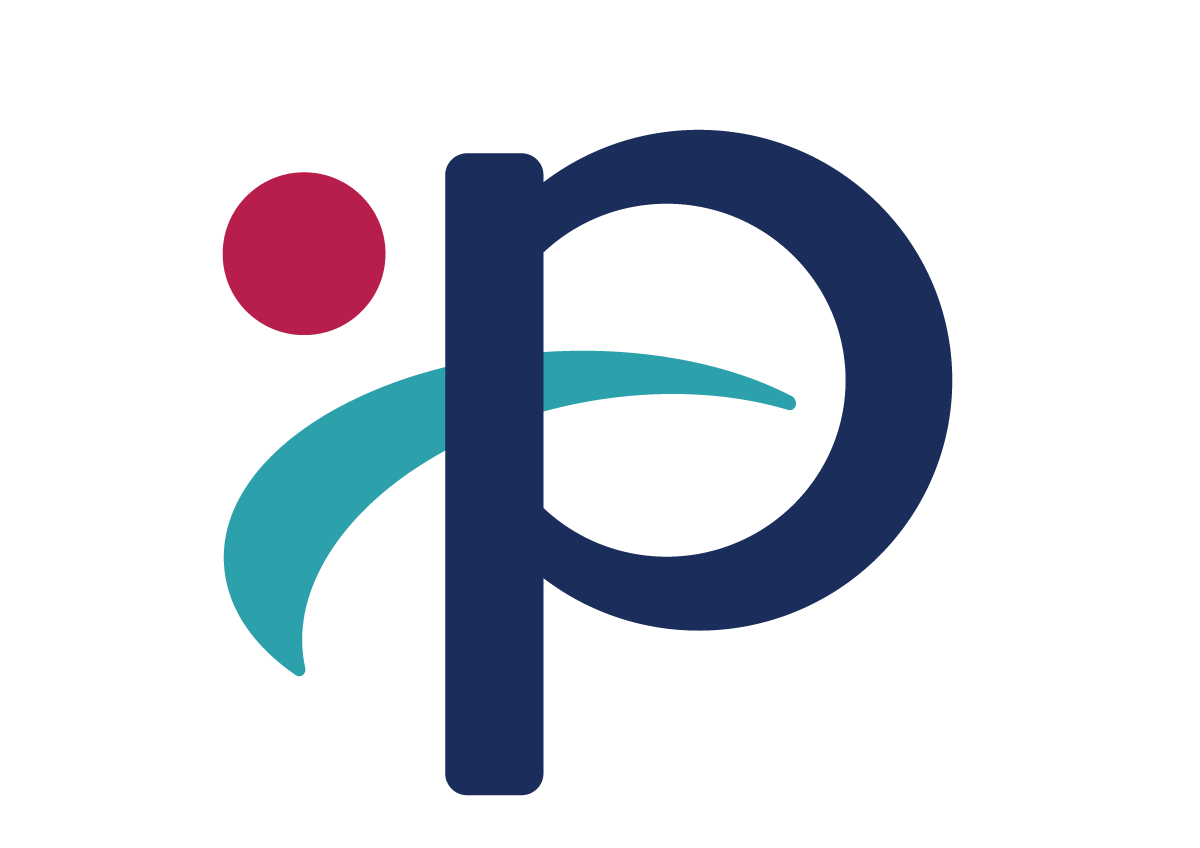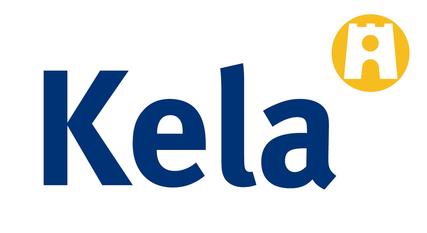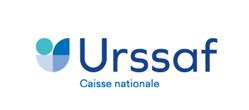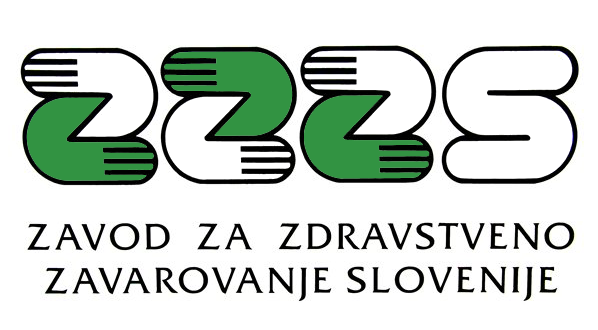News
ESIP & MEDEV position on the EU pharma revision |
07-11-2023 |
BB
Recommendations for strong evidence & affordable access to treatment
Today the European Social Insurance Platform (ESIP) and the Medicine Evaluation Committee (MEDEV) publish a comprehensive set of recommendations on the proposals to reform of the EU general pharmaceutical legislation, presented by the European Commission in April 2023.
The conundrum of high pharmaceutical prices often coupled with incomplete evidence at time of marketing authorisation affect national pricing and reimbursement decisions and consequently access to affordable treatment.
In order to preserve the sustainability of European healthcare systems, experts from public bodies responsible for health technology assessment (HTA), pricing and reimbursement (P&R) and public health insurers present a joint set of proposals to improve the EU pharmaceutical legislation, towards producing solid evidence for informed decision-making across the product lifecycle and promoting competition for affordable access to treatment.
Our proposals in a nutshell:
- Strengthen evidentiary requirements across the product lifecycle: strengthen requirements to conduct randomised controlled trials (RCTs) with active comparators, define timelines for post-launch evidence generation and penalties for non-compliance, limit accelerated and adapted pathways as inherently linked to uncertainties.
- Finetune the approach to reduce regulatory data protection (RDP): limit the cumulative duration of RDP to eight years, support additional protection for products addressing unmet medical needs (UMN) and launched in all Member States (provided that supply continuity is ensured), reject additional protection for RCTs (since these should be the gold standard).
- Better define unmet medical and societal needs: finetune the definitions of UMN, high unmet medical needs (HUMN) and criteria for orphan designation, consult HTA and P&R bodies to define guidelines on UMN, reject transferrable exclusivity vouchers for the development of new antimicrobials and consider alternative push and pull incentives.
- Ensure that the legal framework for orphan medicinal products (OMPs) prevents evergreening and focuses on ultra-rare diseases: target incentives on truly and ultra-rare diseases, reducing the prevalence threshold and reintroducing regular re-evaluations of market exclusivity also based on return on investment.
- Promote competition for affordable access: finetune and expand the exemption to the protection of intellectual property rights (‘Bolar’ exemption) to ensure day-one competition, support transparency of public funding for research and development purposes.
- Promote an environmentally sustainable pharmaceutical ecosystem: support stricter provisions on environmental risk assessment of medicinal products complemented with requirements for responsible disposal.
Find more in our ESIP & MEDEV position paper on the revision of the EU pharmaceutical legislation.
Main page picture - Source: EC - Audiovisual Service, European Union, 2023


